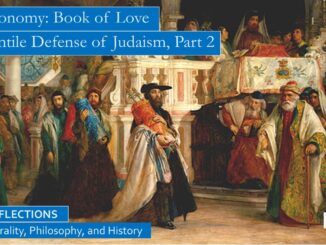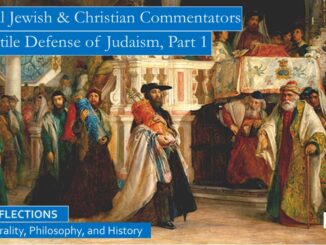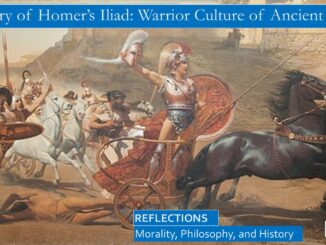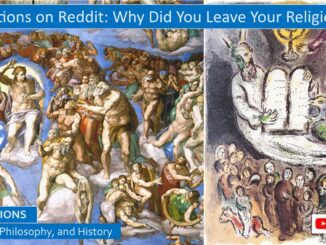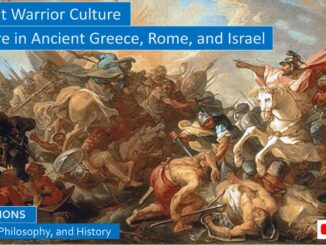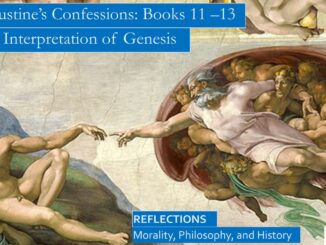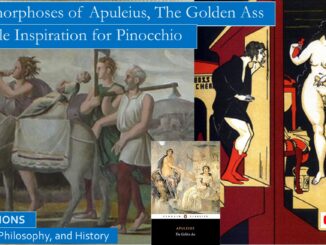
Book of Ruth: Historical-Critical, Patristic, and Rabbinical Commentaries. Was Ruth an Old Testament Illegal Alien?
Was Ruth an Old Testament version of an illegal alien? Marriages between Jews and Moabites were definitely illegal under Jewish law, and Ruth was seen as a sojourner, which is the Biblical term for immigrant, or alien. Ancient Jews were just as suspicious of Moabites just as many Americans are suspicious of Mexicans. Ruth emigrates to Judah because of economic hardship, just as hardship drives many Mexicans to seek to enter the United States.
Is the term illegal alien a misnomer? Are illegal aliens criminals because they are doing illegal things? We can all agree that someone who robs a bank or steals a car or shoots or beats his neighbor is a criminal, but is someone who is fleeing gangs who threaten their lives a criminal? Is someone who flees grinding poverty to take his chances swimming the Rio Grande truly a criminal? […]


